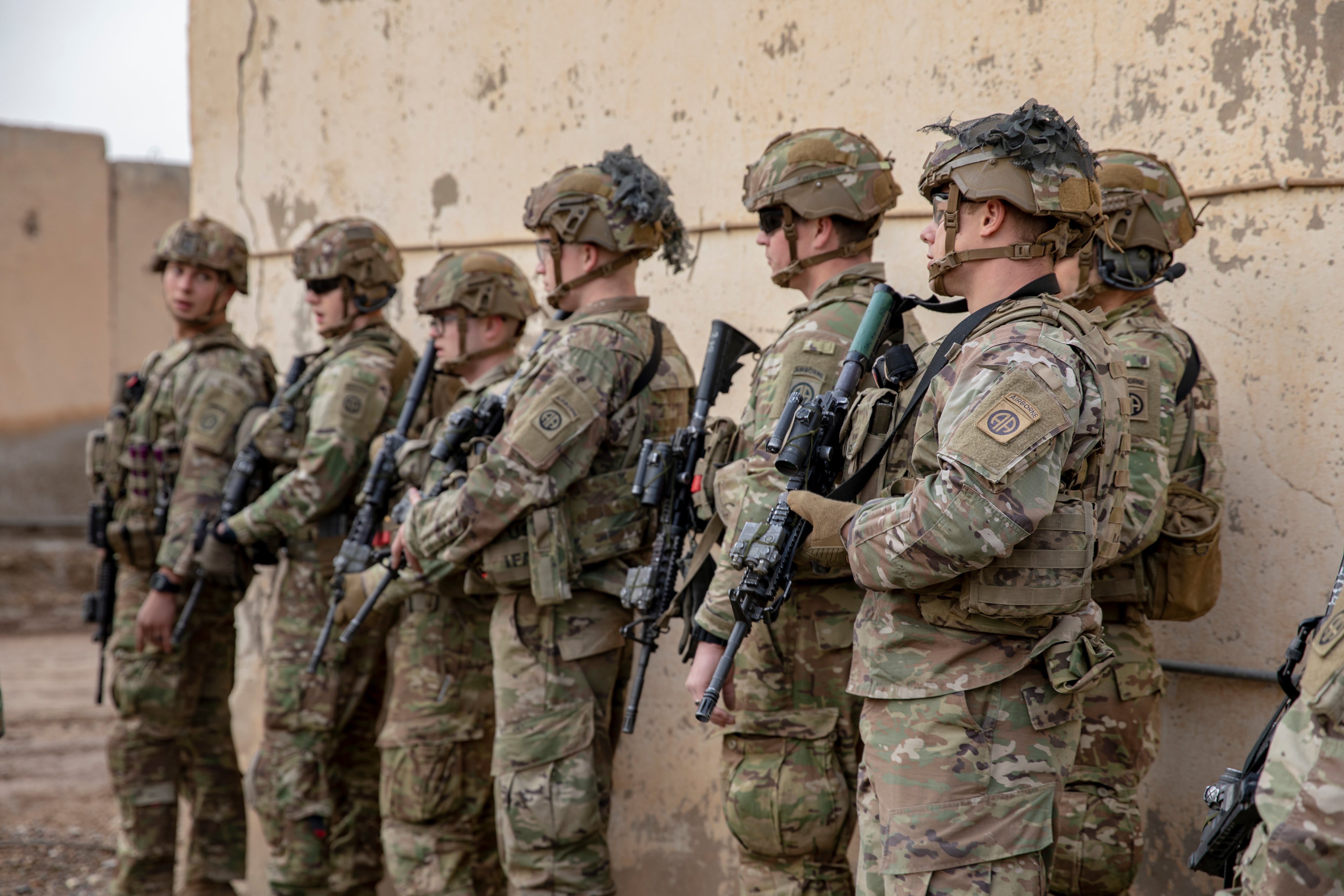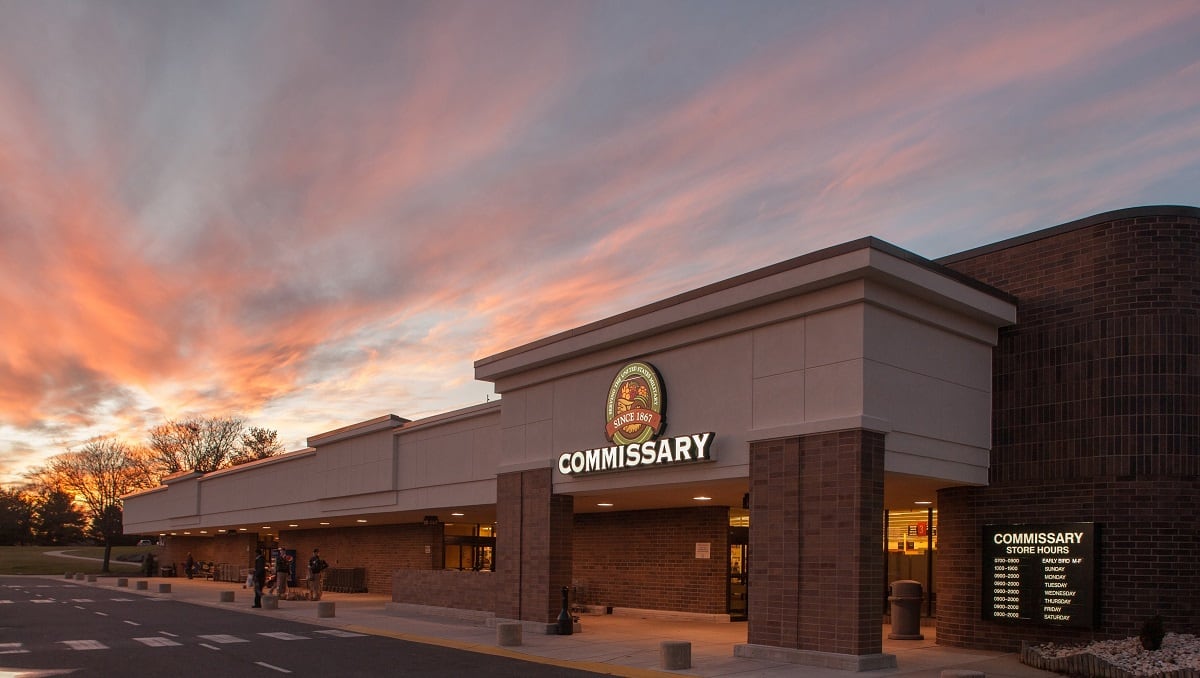President Donald Trump announced via tweet Wednesday night that all remaining U.S. troops serving in Afghanistan should be withdrawn by Christmas, putting an end to the 19-year American military conflict there.
Trump on multiple occasions in recent months has suggested that he wants American forces out of the war-torn country as soon as possible. In August, he said in an interview with Axios that he expected U.S. troop numbers in Afghanistan to be reduced to under 5,000 by Election Day.
On Wednesday evening, just a few hours before the vice presidential debate, Trump wrote on Twitter that “we should have the small remaining number of our brave men and women serving in Afghanistan home by Christmas.”
Earlier in the day, Reuters reported that during an event in Nevada, national security adviser Robert O’Brien said the United States will reduce its troops in Afghanistan to 2,500 early next year.
Defense Department officials have not made any public comments on troop withdrawal plans for the country. Officials from U.S. Central Command and the Pentagon referred all questions to the White House.
As part of a deal between U.S. officials and Taliban leaders announced earlier this year, foreign troops including U.S. forces are scheduled to leave Afghanistan by May 2021, provided a ceasefire between the militant group and the Afghan government holds.
RELATED

Members of Congress have offered a mixed response to Trump’s promises of ending U.S. involvement in Afghanistan, with several Democrats criticizing him for publicly announcing withdrawal timelines after repeatedly attacking former President Barack Obama for “telegraphing exact military plans to the enemy.”
Wednesday marked the 19th anniversary of U.S. military entry into Afghanistan following the Sept. 11, 2001 terrorist attacks in New York, Pennsylvania and Washington. More than 2,400 American service members died in support of U.S. military efforts there since the start of the war.
Leo covers Congress, Veterans Affairs and the White House for Military Times. He has covered Washington, D.C. since 2004, focusing on military personnel and veterans policies. His work has earned numerous honors, including a 2009 Polk award, a 2010 National Headliner Award, the IAVA Leadership in Journalism award and the VFW News Media award.




